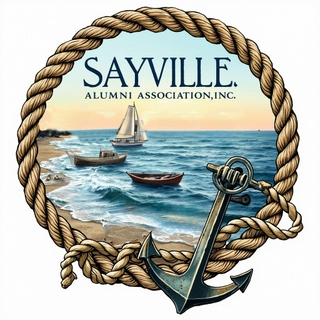Stang Wars; Snippets of Wisdom from the life and works of David Stang.
Episode; “Eulogy for a Mute Swan”. Originally Posted April 17th, 2012
When I was a little boy, my mom took me and my little brothers to a lake like this, to “feed the ducks”. This was long ago when feeding the ducks was a good idea.
The trips to the lake were the highlight of the week in the summer, and we’d been saving “stale” bread all week for the adventure. Sometimes we stopped at the one and only Entenmann’s store, to buy day-old bread to supplement our stash.
Last year, my mom died at Sunrise, down at the end of this lake. I realize now that she taught me a love of animals and the importance of being kind to animals with those simple visits to the lake. The lake, its ducks, swans, and geese all gave my mother a chance to reveal her values to her little boys, and to shape their behavior.
This lake gives us all a chance to teach those same values. We know that we’ve let the runoff from our fertilized lawns and fields pollute our creeks and rivers and the bay and ocean. We know our growth has shrunk the remaining habitat for our waterfowl. We know that our cars and cats have killed and maimed. And so we acknowledge that we should give back, as best we can. This lake provides us with a setting to do so, to teach the next generation, and our friends, why nature is to be loved and treasured.
A mute swan is not like other waterfowl. It is more charismatic, it is bigger, it is more beautiful. And it is much more rare than most. We were honored by one mute swan. She said, “your lake is good enough for me. I will make this my home.”
Some say that a mute swan eats too much submerged aquatic vegetation. But there was a time when the Bay was not so thick with suspended sediment, and light actually reached the bottom in many places. There was a time when outboard motors and anchor lines didn’t rip up the bottom, and the grasses could thrive. There was a time when runoff from farms didn’t cause algae blooms that starved crabs and fish of oxygen and choked off the light. In those times, everyone agreed the mute swan was a wonder. Today, some think that these birds eat too much. But the real problem is that too little remains, and we try to forget why that is.
Some say that mute swans are not native. They forget that mute swans have been in this country for as long as their own families have been. They don’t realize that most of the plants in their lawns and gardens are not from here, either. Over the past 300 years, approximately 50,000 non-native species have become established in the United States. Our natural world is no longer the world it was when Homo sapiens reached these shores.
It is fitting that a community gather to honor one they loved. That swan stood as a symbol that our beautiful lake had succeeded in being a home that was good enough for such a beauty. That we had succeeded in protecting the environment. And she symbolized our disagreement with government officials who claim she ate too much. Today I address not just friends of a lake, but champions of all the nature it serves.
Discover more from Sayville Alumni Association, Inc.
Subscribe to get the latest posts sent to your email.



No Comments